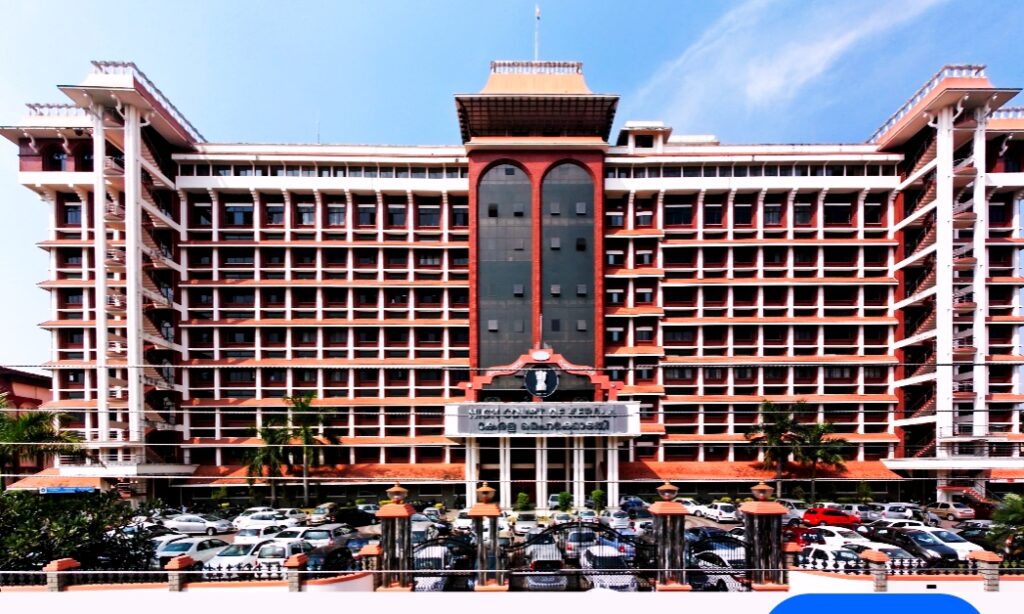The Bench held that the PCIT’s interpretation was reasonable within the statutory framework. They emphasized that the respondent’s attempt to condone a three-month delay of Income Tax Return filing in 2012 by approaching the PCIT eight years later could not be justified.
The Kerala High Court, in case of K.C. Antony vs. The Principal Commissioner of Income Tax-1 (WA NO. 1931/2022), has ruled that income tax refund applications filed under Section 119(2)(b) of the Income Tax Act, 1961, after nine years are not condonable. This decision arose from a plea challenging a Single Judge’s ruling.
Background of the Case
The respondent, K.C. Antony, approached the writ court to contest an order passed by the Principal Commissioner of Income Tax (PCIT), which rejected his application under Section 119(2)(b) of the Income Tax Act, 1961. This application, filed in 2020, sought the PCIT’s discretionary powers to condone a three-month delay in filing a return for the Assessment Year (AY) 2010-11, which would have allowed Antony to claim a tax refund.
Also Read: Guidance Note 2/2024: Direct Tax Vivad Se Vishwas Scheme, 2024
Findings of the Principal Commissioner
The PCIT, based on a report from the jurisdictional assessing officer, found that the respondent filed the application under Section 119(2)(b) nearly nine years after the relevant assessment year. The PCIT further noted that even if the three-month delay in filing the return in 2012 was condoned, the Central Board of Direct Taxes (CBDT) Circular No. 9/2015 limits condonation to applications submitted within six years from the end of the relevant assessment year. Consequently, the PCIT rejected Antony’s application.
Single Judge’s Ruling
The Single Judge opined that the authorities misinterpreted the delay to refer to the nine years taken to file the application under Section 119(2)(b), instead of the three-month delay in filing the return. The Judge quashed the PCIT’s order, directed the authorities to reconsider the case, and decide on condoning the three-month delay. Additionally, the Judge ordered the authorities to pay interest on the refund if sanctioned and not disbursed within six months of the respondent’s eligibility.
Also Read: Updates on E-Way Bill and E-Invoice Systems: Advisory 561
Arguments by the Tax Department
The appellants argued that the PCIT had the authority to reject belated applications under Section 119(2)(b) when filed after a significant delay. They contended that the CBDT’s Circular No. 9/2015 restricts the acknowledgment of refund claims to applications filed within six years from the end of the relevant assessment year. The tax department maintained that the PCIT’s decision to reject Antony’s application after eight years was justified.
Respondent’s Argument
Counsel for the respondent argued that the Single Judge’s decision was correct, asserting that the application under Section 119(2)(b) pertained to the delay in filing the return, not the delay in filing the condonation application.
Also Read: New Income Tax Bill Unlikely to Be Introduced in Budget 2025
Division Bench Verdict
The Division Bench, comprising Dr. Justice A.K. Jayasankaran Nambiar and Justice Easwaran S, overturned the Single Judge’s ruling. The Bench held that the PCIT’s interpretation was reasonable within the statutory framework. They emphasized that the respondent’s attempt to condone a three-month delay in 2012 by approaching the PCIT eight years later could not be justified.
Conclusion
The Kerala High Court’s Division Bench reaffirmed that the discretionary powers under Section 119(2)(b) are subject to reasonable timelines as prescribed by the CBDT. Applications filed well beyond the stipulated period, as in this case, are not condonable, upholding the PCIT’s decision.
READ MORE
Government to Implement Track and Trace Mechanism for Fighting Tax Evasion

